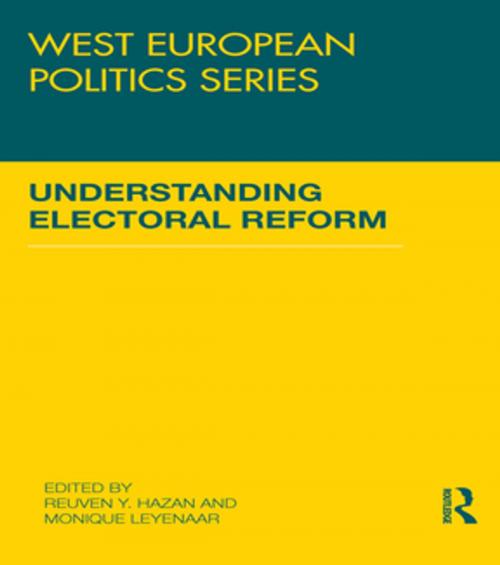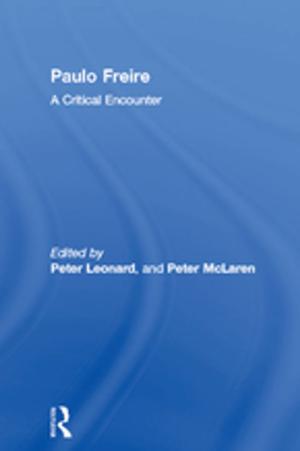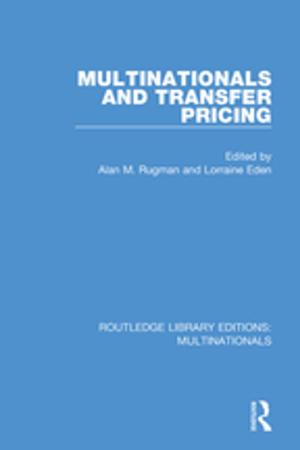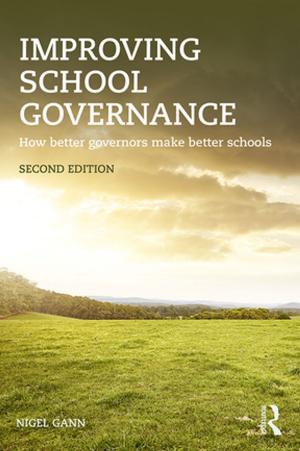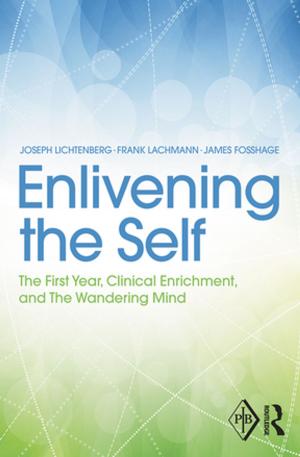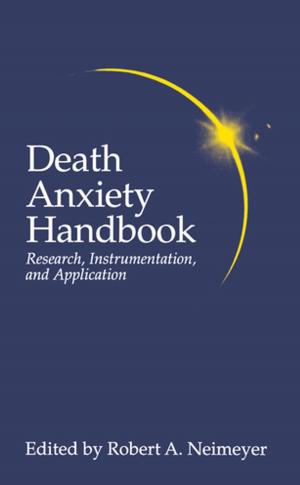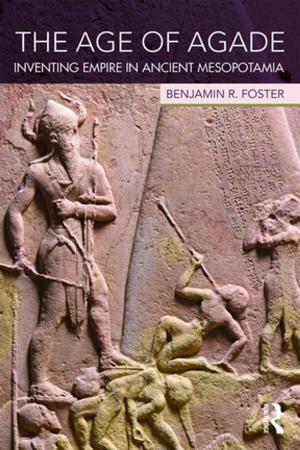| Author: | ISBN: | 9781317978916 | |
| Publisher: | Taylor and Francis | Publication: | June 3, 2014 |
| Imprint: | Routledge | Language: | English |
| Author: | |
| ISBN: | 9781317978916 |
| Publisher: | Taylor and Francis |
| Publication: | June 3, 2014 |
| Imprint: | Routledge |
| Language: | English |
The field of elections and electoral systems, and particularly electoral reform, has exhibited tremendous growth and cross-national appeal over the last two decades. However, beyond an increased knowledge of voting rules and their consequences for political representation, little attention has been devoted to the question of why electoral systems have recently undergone substantial change in several liberal democracies.
This book addresses several new approaches to electoral reform. First, the scope of the study of electoral reform has been expanded. Second, contrary to previous studies of electoral reform, the conviction that the determinants of reform can be explained by one single approach has been replaced by a belief in a more comprehensive framework for analysis. Third, we move beyond political parties (acting in parliament and government) as the most significant source of electoral reform. Fourth, a focus on the determinants of electoral reform allows us to include motivations and objectives of electoral reform. A final advancement in the study of electoral reform is the inclusion of countries other than ‘established’ democracies.
This book was published as a special issue of West European Politics.
The field of elections and electoral systems, and particularly electoral reform, has exhibited tremendous growth and cross-national appeal over the last two decades. However, beyond an increased knowledge of voting rules and their consequences for political representation, little attention has been devoted to the question of why electoral systems have recently undergone substantial change in several liberal democracies.
This book addresses several new approaches to electoral reform. First, the scope of the study of electoral reform has been expanded. Second, contrary to previous studies of electoral reform, the conviction that the determinants of reform can be explained by one single approach has been replaced by a belief in a more comprehensive framework for analysis. Third, we move beyond political parties (acting in parliament and government) as the most significant source of electoral reform. Fourth, a focus on the determinants of electoral reform allows us to include motivations and objectives of electoral reform. A final advancement in the study of electoral reform is the inclusion of countries other than ‘established’ democracies.
This book was published as a special issue of West European Politics.
